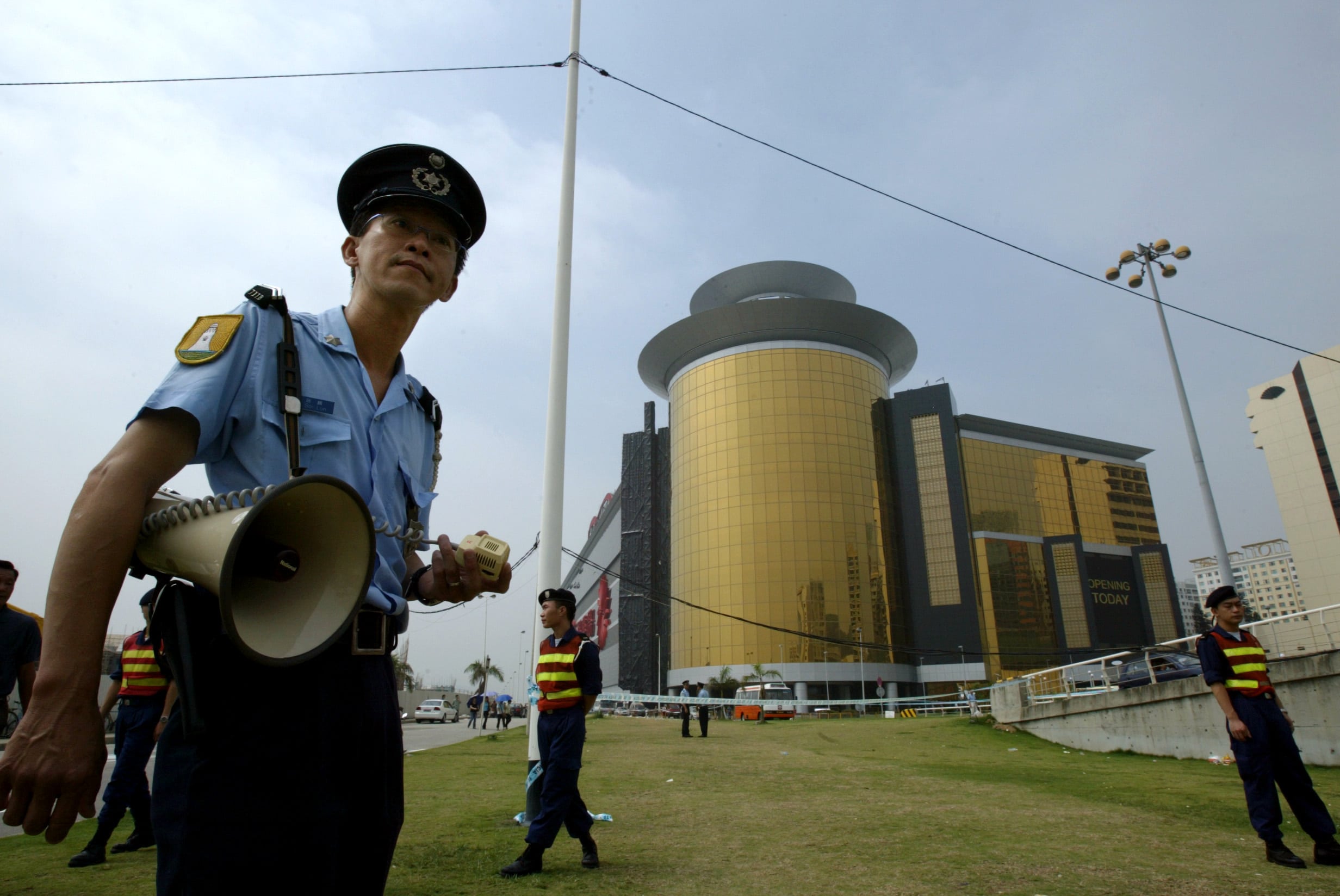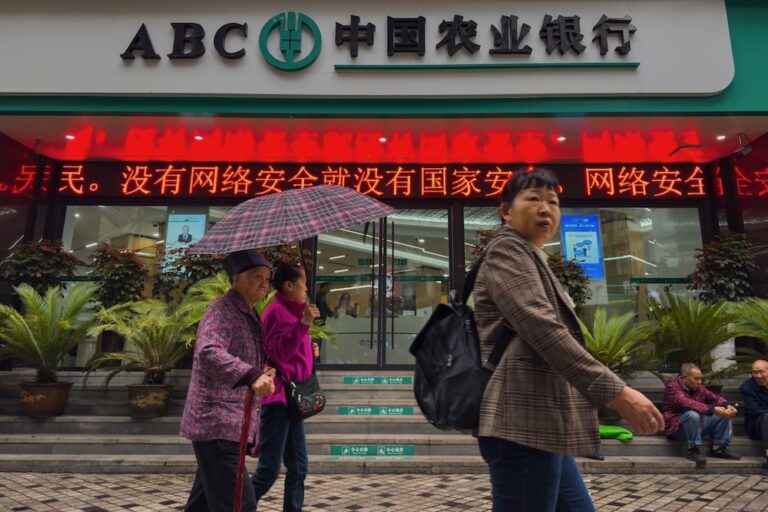The IFJ joined the Macau Journalists Association in expressing its concern that the Macau Judiciary Police abandoned political neutrality. Two journalists were recently detained after their online media outlet published an image containing a police logo.
On September 1, 2014, the International Federation of Journalists (IFJ) joined the Macau Journalists Association in expressing its concern that the Macau Judiciary Police abandoned political neutrality. On August 29, two journalists were detained after their online media outlet published an image containing a police logo.
The deputy publisher of Macau Concealers, Choi Chi-chio, and a journalism intern, Leung Ka-wai, were detained on the accusation that the outlet had illegally published the logo of the police department. Under Macau law, it is a crime to publish a police logo or an image of a public servant’s uniform with the intention of suggesting the logo or the uniform belong to a particular person.
Macau Concealers published an image on August 29 which appeared to show a plain clothes police officer voting on the internet in a controversial “civil referendum”. The unofficial referendum was held by a coalition of civil society organisations at the same time as the official election for the Chief Executive of Macau. On August 31, Fernando Chui Sai-On was chosen as chief executive by the 400 members of an electoral committee. The unofficial vote asked citizens whether they had confidence in Chui and whether the next poll, in 2019, should be held on the basis of universal suffrage.
In the image published, unidentified people showed the voter’s work permit, which contained a police logo. After it appeared, two police officers invited Choi and Leung to have “a chat” in a public area. When the journalists suggested they meet another day, they were arrested. On September 1, a judge released them temporarily but imposed restrictions.
When the unofficial referendum was launched on August 24, police banned it and detained the organizer, Jason Chao, and four other volunteers on the grounds that they had breached a judgment of Macau’s Final Court of Appeal. Critics argued that the judgment does not bar anyone from organizing a civil referendum, but merely states that no law protects the right of Macau people to hold civil referendums.
In June, Choi was prevented from taking a photograph of a student who was protesting at a ceremony at the University of Macau. The student was holding a placard demanding that the university stop persecuting scholars. Security guards roughly pushed Choi’s camera down, bruising his neck and breaking his glasses.
The Macau Journalists Association said: “This is not the first time that the media have published the police logo, but the police have not lodged any complaints until now. It is strongly suspected that the police arrested the two journalists because they were reporting on the civil referendum.”
The IFJ Asia Pacific Office said: “The Macau public has a legitimate expectation that the police will remain politically neutral. It appears highly likely that the Macau police prosecuted the two journalists for political reasons when they discovered that a police officer supported the civil referendum. The action had a chilling effect on all the media.”
We urge the Director of the Macau Judiciary Police, Wong Sio Chak, to investigate the case and report to the public. We also remind the Macau media to stay committed to their professional duty to report all cases of public concern, rather than leaning toward the authorities by remaining silent.



